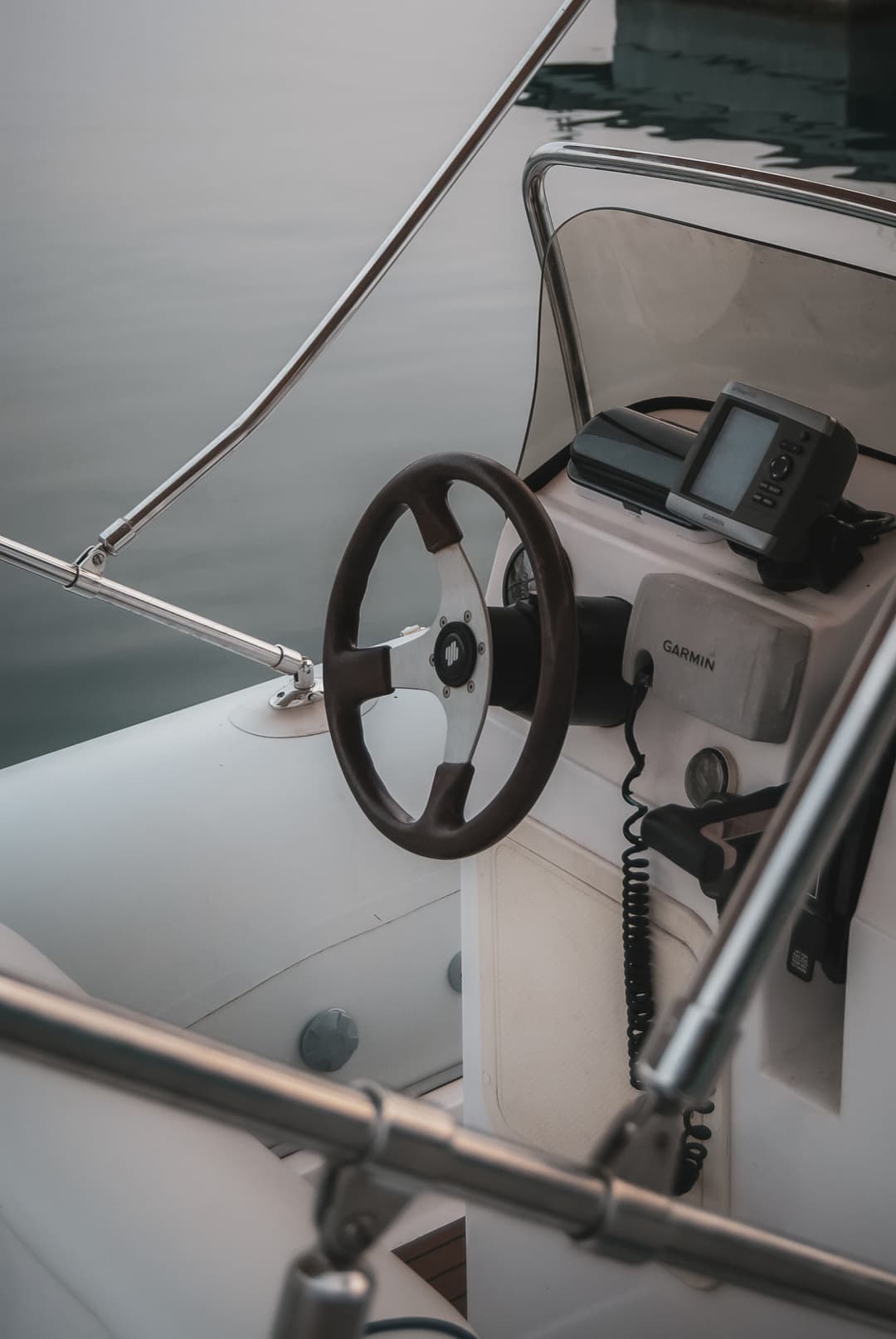How do I insulate the engine room of my boat or yacht?
Engine noise is often a nuisance on boats and yachts. To keep noises from the engine room contained in that room, it is important that all walls and hatches are well insulated. Preventing sound leaks through gaps and openings, among other things, prevents sound transmission. Tip: In the dark, put a lamp in the engine room and close the hatch. Any place where light is visible is a sound leak.
Aimée
If all walls, hatches, etc. are satisfactory, it is important to provide the hard-finished engine room with absorbent foam. In a hard-finished engine room, sound can easily be reflected. This creates a higher noise level in the room. These reflections are prevented by applying the sound-absorbing foam.
It is important to provide as many large surfaces as possible with absorbent foam. The ceiling and walls are ideal for this. The more absorption material is placed around the engine, the better the result. The absorption material we recommend is EASYfoam PU or FireSeal HR. These foams have a moisture and oil-resistant top layer. When sturdiness is required, the FireSeal HR is opted for. In addition, the top layer of this is white, which ensures a brighter engine room.
Insulating the engine box
If there is noise in an engine box (an engine box is often made of light materials such as wood, plywood, or plastic), it is advisable to weigh it down with EASYmass sound-insulating plates.
Make sure you fit these products closely together; any gap is a sound leak and limits the effect of the sound insulation.

